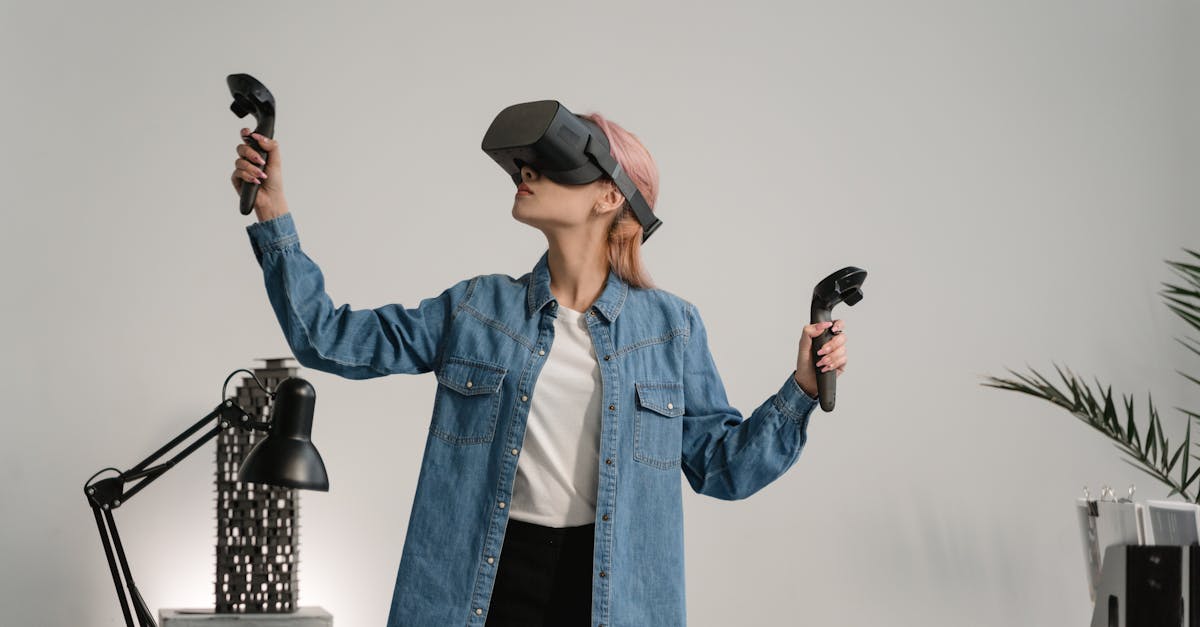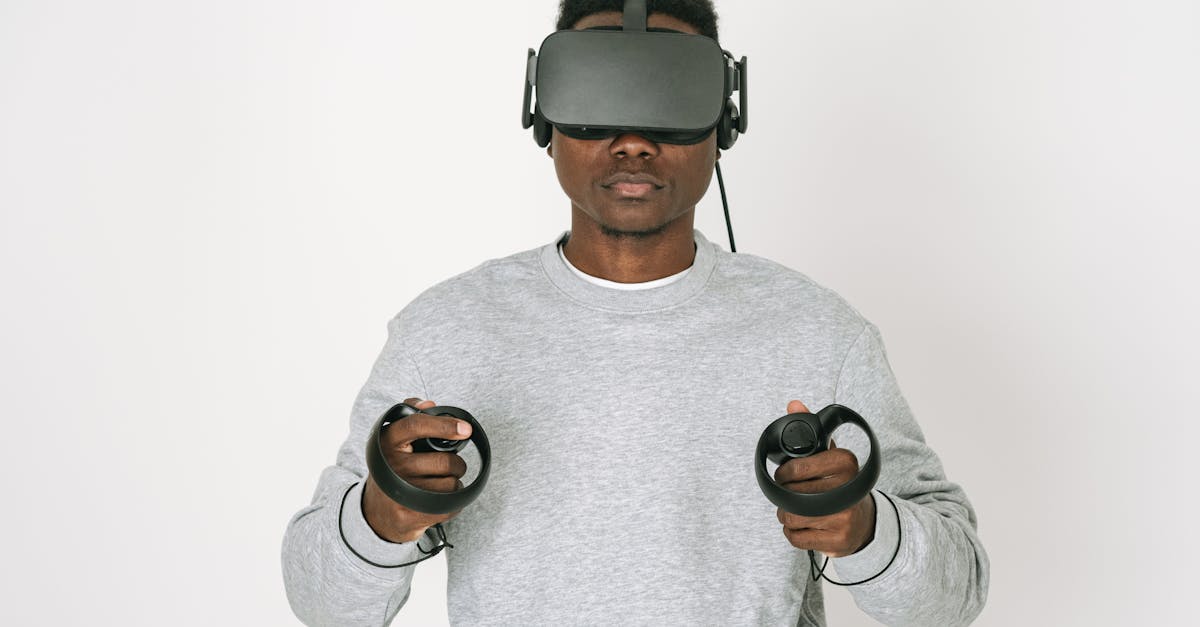
Introduction
In recent years, virtual reality (VR) has metamorphosed beyond the realms of entertainment and gaming to revolutionize the professional landscape, particularly in remote work. As organizations continue adopting flexible work models, VR emerges as a transformative tool, enabling immersive and interactive experiences that transcend physical limitations. Tailored virtual environments foster collaboration akin to on-site interactions, diminishing geographic constraints. As technology advances, VR is quickly dissolving the barriers traditionally associated with remote work, bridging gaps between team members. This article explores the dynamic integration of VR in remote work environments, its multifaceted benefits, potential challenges, and future prospects.
How VR Facilitates Remote Collaboration
Virtual reality creates shared spaces that allow remote teams to interact as if they were present in the same room. Unlike conventional video conferencing, VR platforms, such as AltspaceVR and Spatial, offer 3D environments where users can meet using avatars. These virtual offices facilitate dynamic collaborations, providing features like interactive whiteboards and 3D model manipulation. The immersive nature of VR fosters greater engagement and interaction during meetings, resulting in more productive brainstorming and problem-solving sessions, simulating the camaraderie of an in-person office environment. With VR, businesses can create customized environments, reflecting the organization's culture and core values, thus maintaining team cohesion.

Ivan Samkov/Pexels
Enhancing Training Opportunities Through VR
Training and onboarding processes have witnessed a profound transformation through virtual reality. With VR, new employees can immerse themselves in practical scenarios, gaining hands-on experience in a controlled, risk-free environment. In sectors like healthcare or engineering, VR training sessions can simulate critical situations, enabling participants to hone skills without real-world consequences. Companies, such as Immerse and Oculus, offer VR training modules ensuring comprehensive understanding and retention among participants. Additionally, global organizations leverage VR workshops, allowing geographically dispersed teams to learn and grow together cohesively. Such immersive experiences translate theoretical knowledge into practical expertise, propelling employee skill development.
Boosting Engagement and Reducing Isolation
One of the significant challenges of remote work is combating employee isolation and fostering a sense of belonging. VR addresses this by enabling employees to socialize and engage in interactive activities, mirroring the watercooler conversations of traditional offices. Virtual hangouts, games, and themed events organized on VR platforms promote team building, enhancing morale and job satisfaction. Platforms like Gather and Mozilla Hubs offer virtual break rooms and recreational spaces, encouraging spontaneous interactions. By mitigating feelings of disconnection, VR empowers remote workers with an improved balance between work and personal life, fostering a supportive and dynamic remote work culture.
Cost-Efficiency and Time Savings
Implementing virtual reality in remote work environments can result in substantial cost savings and increased productivity. VR eliminates the need for extensive travel, reducing expenses associated with business trips and accommodation. For instance, a single VR setup can replace multiple in-person meetings across different locations, saving valuable time and resources. Furthermore, the technology streamlines workflows, with capabilities for instant file sharing and collaborative document editing within the virtual space. By reducing logistical burdens, companies can focus on core business activities and optimize their operations, all while contributing to sustainability by minimizing carbon footprints associated with travel.
Overcoming Technological and Adoption Barriers
Despite its advantages, the widespread adoption of VR faces technological and infrastructural challenges. High-quality VR hardware can be expensive, and adequate internet connectivity is essential for seamless VR experiences. Concerns about motion sickness, prolonged headset use, and an initial learning curve may deter some organizations. Moreover, ensuring data security and privacy in virtual spaces is crucial, as sensitive corporate data could be vulnerable. Companies like Facebook's Oculus and HTC Vive are continuously innovating to address these issues, developing lighter, more affordable VR headsets and deploying robust security measures. As technology advances, these barriers are expected to diminish, paving the way for broader VR adoption.
Transforming Remote Team Building Activities
Team building often loses its essence in remote environments, but VR offers exciting avenues to rejuvenate these activities. Virtual escape rooms, scavenger hunts, or creative workshops organized in VR spaces encourage collaboration and problem-solving among teams. Platforms like Converge allow teams to explore new worlds, solving challenges in a gamified manner, which enhances bonding and communication skills. By participating in engaging and immersive experiences, employees build better rapport with colleagues, transcending physical boundaries. VR-based team building lays a foundation for strong interpersonal relationships, contributing to overall organizational success.
Potential Challenges and Ethical Considerations
The integration of virtual reality in remote work brings several challenges and ethical concerns. Inclusivity remains a prominent issue, as VR technology must accommodate diverse accessibility needs. Additionally, prolonged use of VR headsets may raise health concerns, including eyestrain and mental fatigue. Balancing immersive experiences with health considerations will be crucial in optimizing VR integration. Ethically, VR developers must ensure unbiased, inclusive representations and prevent malicious activities, such as harassment in virtual spaces. Ongoing discussions aim to establish best practices, ensuring ethical and responsible use of technology while safeguarding employee well-being.
The Future of VR in Remote Work
As technology evolves, the future of VR in remote work presents limitless possibilities. Augmented reality (AR) integration, creating mixed-reality spaces, further enriches collaborative efforts and enhances real-world interactions. Collaborations between tech giants and work environments promise increasingly seamless and accessible VR experiences. As VR systems become more economically viable, smaller businesses and startups can harness these benefits, democratizing access to innovative work solutions. VR could reshape professional landscapes, facilitating hybrid work models and redefining productivity metrics in the process.
Conclusion
Virtual reality reshapes the narrative surrounding remote work by eliminating boundaries and fostering real connections across distances. It amplifies traditional communication, training, and team-building methodologies, empowering a more efficient and inclusive remote work culture. While challenges persist in VR adoption, continuous advancements and innovations promise to make virtual workspaces a staple in our work-from-anywhere future. With each passing year, VR technology evolves, responding to emerging workplace demands and paving the way for a more connected, collaborative, and innovative corporate world.